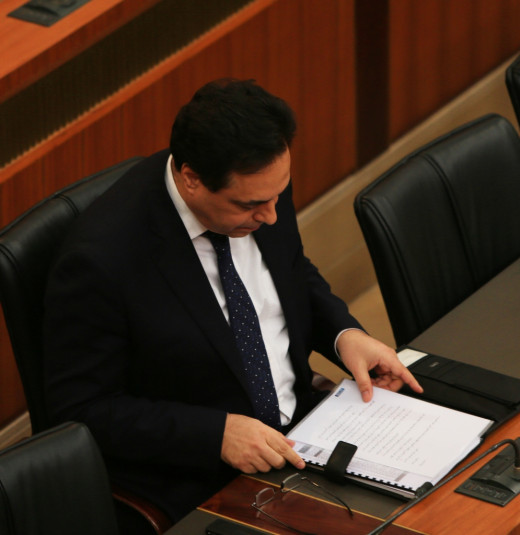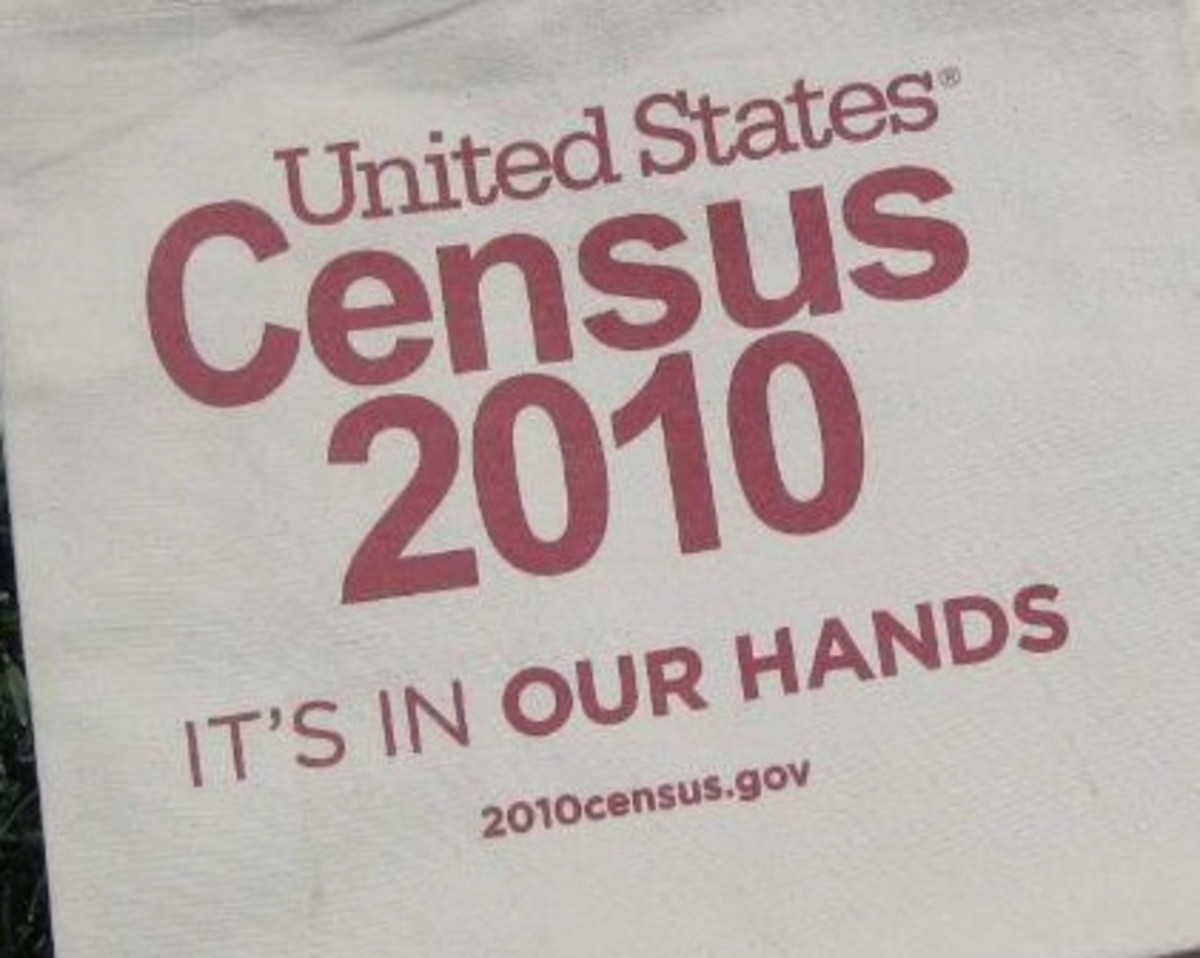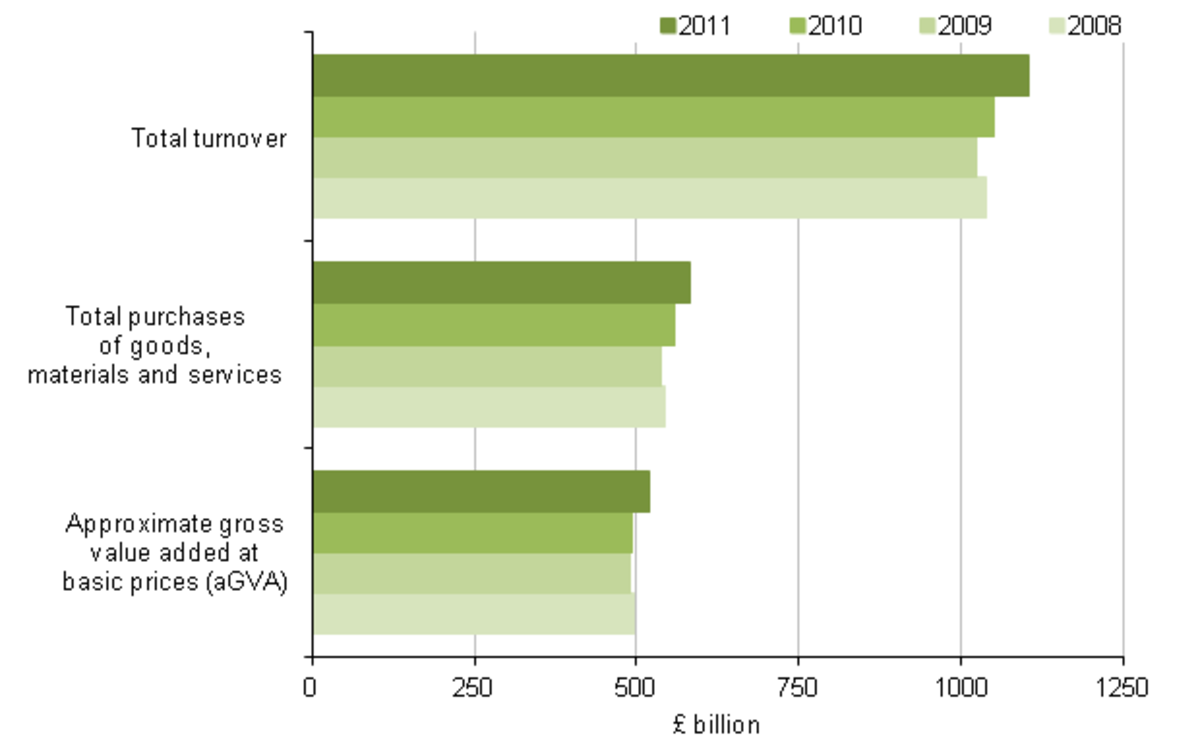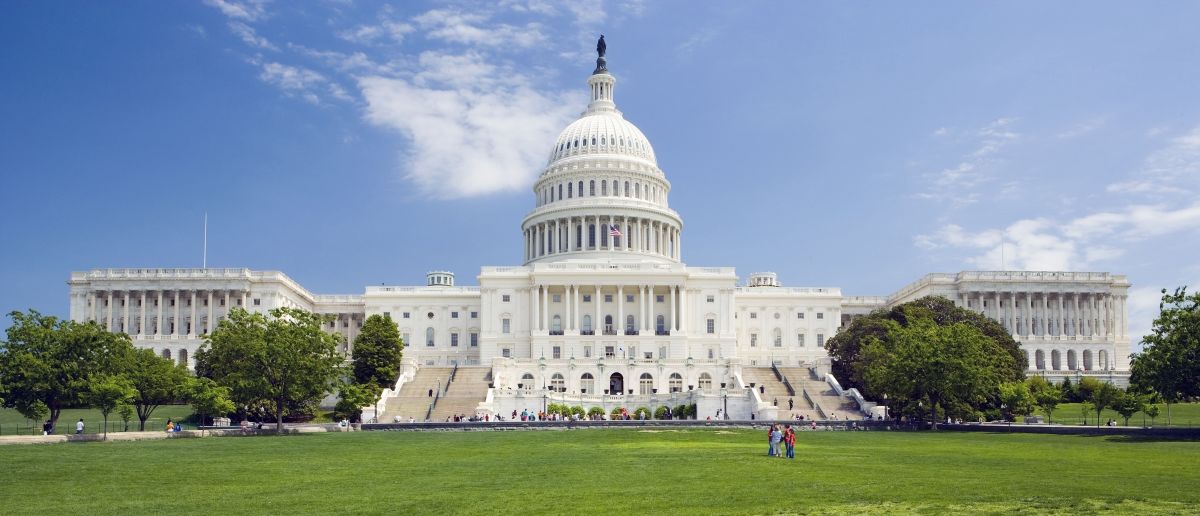The Biggest Lie in the 2020 Budget of Lebanon
The 2020 budget was approved with fictitious estimates of expenditures, revenues and deficits. Even members of the Finance and Budget Committee, who represent the same political forces that prepared the budget in the government, could not believe this big lie. They explained that despite the amendments that indicate a reduction in the estimate of expenditures by about 6490 billion pounds, the deficit after the amendments is 12,057 billion pounds, which is Number "Can't be relied on to its finality and realism".
The 2020 budget was discussed and approved in 3 hours. Perhaps it should not have taken longer as it contained only lies and illusions. An estimate of expenditures to which the forces of power have never adhered to it. An estimate of expenditures beyond the limits of any economic logic. Originally, her admission was not only a meabol with a prime minister who "handcuffed" him to participating in the Tarshan dialogue, but also a comic admission sponsored by Mp Salim Saadeh. Some MPs have indulged in the diagnosis of the crisis and have denied the fact that in recent years they have participated as representatives of the people in similar dialogues, or that their representatives in the government have participated in the same recipe. Not only that, but they presented the government, which is absent because it has not yet received confidence, one of their magical recipes aimed only at justifying Lebanon's recourse to the IMF. It's the easiest solution for this class. To hire those who manage the bankruptcy instead. To compromise only in front of international bodies. I hope that these forces will restore control after the "clean-up" of the savings and the "technology" of the public sector and state property at the expense of the destruction of society. At that time, this authority or its ears could become the "solution" to get out of the control of the IMF. This is what the majority of deputies have promoted "intentionally" or "ignorantly", an unreliable treatment of both its objectives and those who propose it.

The General Assembly of the House of Representatives has not made substantial changes to the 2020 draft budget, contrary to what happened in the Finance and Budget Committee. The budget figures, as reported by the government, include expenditures of 18,882 billion lire, revenues of 19,816 billion lire and a treasury advance to the Lebanese Electricity Corporation worth 1,500 billion lire (purchase of fuel oil to operate electricity plants), bringing the deficit to 0.63% of GDP. However, after the committee's amendments, revenues were reduced to 13,395 billion lire, and expenditures to 18,232 billion lire with a treasury advance of 1,500 billion lire, to a deficit of 4,837 billion lire, or 5.4 percent of GDP (assuming that the output will not shrink and will settle at 58 A billion dollars.
The deficit after the cuts is also imaginary. According to the report of the Finance and Budget Committee, it clarified the minister of finance (former Ali Hassan Khalil) about the realism of these estimated revenues, the ministry re-estimated it and concluded that it will decrease by 6490 billion pounds to reach the estimated revenues of 13,325 billion pounds. The committee's report also indicates that these estimates, in their first and revised versions, take into account the amount of 5,000 billion lire "the government has understood with the Bank of Lebanon and the Association of Banks to provide it to the Treasury", which means that "the value of the budget deficit amounts to 12,057 billion pounds in the event of non-compliance with this understanding, and that The draft budget for 2020 has highlighted its values, which is balance, because its own imports are not enough to cover four inevitable types of spending totaling 14,454 billion lire: public debt service, salaries and wages, social benefits, and contributions to public institutions".
Bank of Lebanon Governor Riad Salameh committed himself to the committee's commitment, while the Al-Samarf Association expressed its inability to comply due to the new circumstances. However, the Committee found itself obliged to take into account three fundamental factors:
- The inability to establish the premises and assumptions on which revenue reduction sought by the Ministry of Finance is based on it.
- Revenue collection for previous budget estimates: 14.2% lower than the 2019 budget, and collection for previous years, excluding 2017, was 11% lower than budget estimates per year.
- The circumstances that have emerged since October 17, 2019, including the pursuit of a new government and the lack of knowledge of its public policies in all areas, particularly the reform, as well as its plan to get out of the state of stumbles and suffocation under which all sectors are suffering...
These factors prompt the Finance and Budget Committee to "not rely on the finality and realism of imports, even those re-estimated".
Revenues from the Ministry of Finance were always 11% lower than the budget estimates and in 2019 they were 14.2% lower
This phrase in the report avoids all discussions in the General Assembly of the House of Representatives, where economic and legal ignorance is mixed with politics, regionalism and many other diseases suffered by the representatives of the people. This project was based on two entirely erroneous assumptions: that there is economic growth leading to a 1.9% or 2% increase in GDP resulting in additional payment to increase tax revenues, and that the Bank of Lebanon and the banks are committed to contributing to the debt replacement process (Treasury bonds). In lira with new debts of 1% with a total value of 12,000 billion lire. What the Commission did not calculate or mention in its report is that the expected revenue will be reduced from three main sources: customs duties, VAT and bank interest tax. The current crisis is no longer a financial crisis related to public debt and the ability of the State to meet it, but a banking crisis, an economic crisis and a social crisis: it is a crisis of a system that is collapsing entirely.
Recourse to imf has one goal: borrowing to bail out banks
Some estimates suggest that Lebanon's economy will shrink by 15%, which means that the deficit of 12,057 billion lire is equivalent to 15.5% of output in 2020. It will not be zero as stated in the first draft, nor will it be 13.5% as stated after the amendments of the Finance and Budget Committee.
But on top of that, it should be noted that the current financial crisis has nothing to do with the amount of debt in Lebanese pounds, but rather the amount of debt in dollars, especially since the banks deposited more than $70 billion with the Bank of Lebanon and it has only $30 billion, which means that the difference between them is money I slackened, and that every penny spent from the reserves of the Bank of Lebanon is a penny spent from the depositors' money. For the occasion, this debate is also used to justify Lebanon's use of the IMF to borrow from it and to ask for its assistance to borrow from donor countries as well. Do you know what the primary objective of this borrowing is: to reconfigure the capital of banks. This is the greatest danger that society is going through, that the IMF comes to impose consumer taxes on us, and that they eat, drink, fuel consumption, spending and employment. Then he lends us money or helps us borrow it for banks.
Read Also
- A Contribution to Analyzing the Structure of the Ruling Class in Lebanon
Thinker Pino Arlacchi is trying to define a theoretical definition of the mafia system "where the mafia power is based on a state of chaotic rivalry to attain Jah. It represents an excellent tool for social advancement in a capitalist society, where - Lebanon's Elite
The concept of "political clientelism" is adopted to explain how the underdeveloped state functions and to explain its poor performance. Michael Johnson applied this approach in the case of Lebanon, considering that "islamisis is the central phenomen - How Did America Reduce Its Dependency on Middle East Oil?
Journalist Robert Rabee said in a report published by the American Oil Price that the Middle East currently produces about a third of the world's oil, and that the most important countries exporting to it in the region during 2018 are Saudi Arabia (1 - When America Decides to Fight Corruption in Lebanon!
In Lebanon, as in quite a few countries in the region, there is a massive crowd of politicians and "fellow" citizens towards the United States.
This content is accurate and true to the best of the author’s knowledge and is not meant to substitute for formal and individualized advice from a qualified professional.
© 2020 Hafiz Muhammad Adnan








